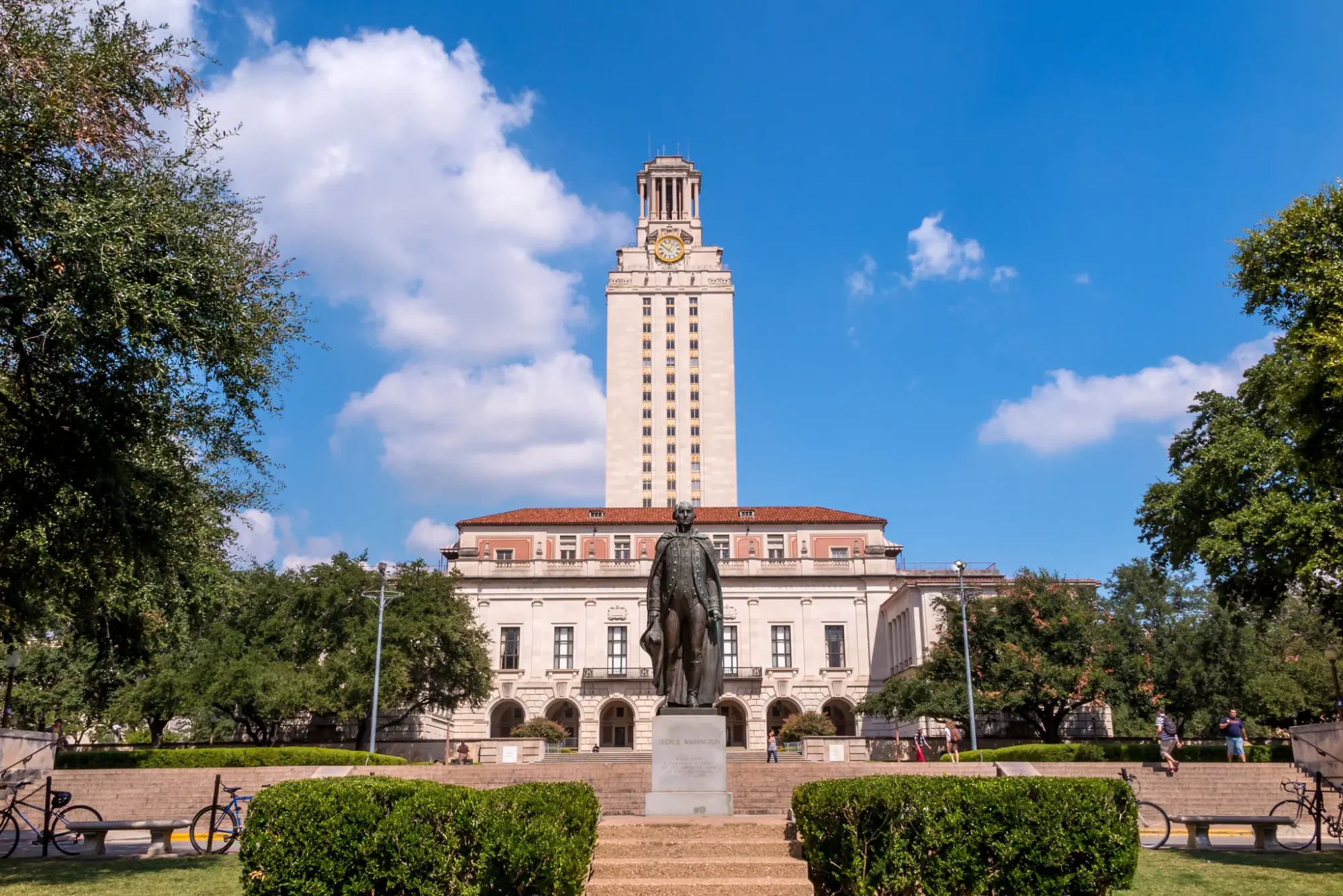In an attempt to make transportation funding a legislative priority, State Rep. Matt Shaheen (R-Plano) has filed legislation to dedicate more tax revenue to non-tolled roads. His reform mirrors State Sen. Robert Nicohols’ original proposal (SB 5) prior to moderate Senate Republicans and Democrats watering down the final version.
All motor vehicle sales tax (MVST) revenue currently flows into the state’s General Revenue Fund where it is subject to diversions to legislators’ pet-projects. Shaheen’s bill, HB 2686, would dedicate 100% of all MVST revenue to non-tolled roads, phased in incrementally over a six-year period.
Such a move would more closely mirror the original plan by Nichols before moderate Republicans watered it down. The resulting committee substitute that arrived on the Senate floor would only dedicate 50% of MVST over and above existing levels (~$2.5 billion) to the State Highway Fund. In other words, all existing revenue and 50% of future collections would still flow away from transportation and into the General Revenue Fund.
Adding insult to injury and even more complexity, the Senate then adopted an amendment by liberal State Sen. Royce West (D-Dallas) to divert 20% of the MVST “surplus” revenue to public education.
What began as a simple bill dedicating MVST to non-tolled roads became a spider’s web. The resulting SB 5 allocates the first $2.5 billion in collections to General Revenue, with the next $2.5 billion dedicated to the State Highway Fund. Once that threshold is reached, 50% of future revenue would go to the State Highway Fund, 30% to General Revenue, and 20% to Public Education.
Shaheen’s plan is far simpler and more secure.
First, dedicated funds under his proposal would carry use restrictions to prevent the funding of toll roads or other non-road waste such as passenger trains.
“We expect the taxes we pay on motor vehicle sales to be used on transportation…Funds granted to the state highway fund under this act could not be used for toll roads or mass transit projects,” said Shaheen.
Shaheen says his approach would, “…increase the state highway fund by $16 billion before fiscal year 2021.” Historical data from the last seven years of revenue collections were used to calculate his estimate. MVST revenue growth averaged 4.5% annually over that period, which included both 2007’s economic boom and 2009’s severe recession.
His proposal would also require $1 billion in efficiency savings from TxDOT over the next five years—the savings would be returned to the agency for non-tolled road projects.
Shaheen’s six-year phase out proposal is a practical compromise designed to give the legislature time to adjust to moving MVST away from GR towards transportation. But instead of adopting his approach, SB 5 was mauled by moderate Senate Republicans looking for an easy way to appease Democrats who got greedy at the end anyway.
Although the House could technically pass a more responsible measure than the Senate, Speaker Straus and his supporters have shown no indication they’ll out-flank the upper chamber in favor of increased fiscal responsibility.
We’ve previously covered the need to reform TxDOT’s broken process, the crony culture of toll-road abuse, and the power of runaway regional governments pushing for rail funding and other non-road waste. Texans who share Gov. Abbott’s desire to dedicate existing revenue to roads should welcome Shaheen’s measure and beware moderate Senate Republicans who are quick to appease greedy Democrats by abandoning their conservative campaign promises.




